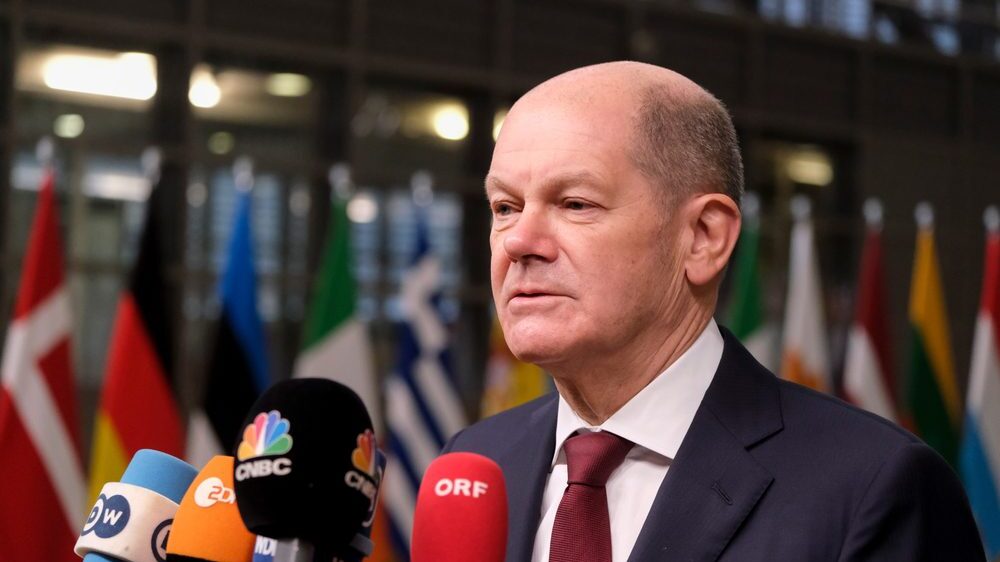
Germany: Fragile Coalition Struggles Over Green Transition
The coalition crisis shows that the green policies, which are already causing a populist upset in much of Europe, are now creating instability in one of the EU’s most powerful governments.

The coalition crisis shows that the green policies, which are already causing a populist upset in much of Europe, are now creating instability in one of the EU’s most powerful governments.
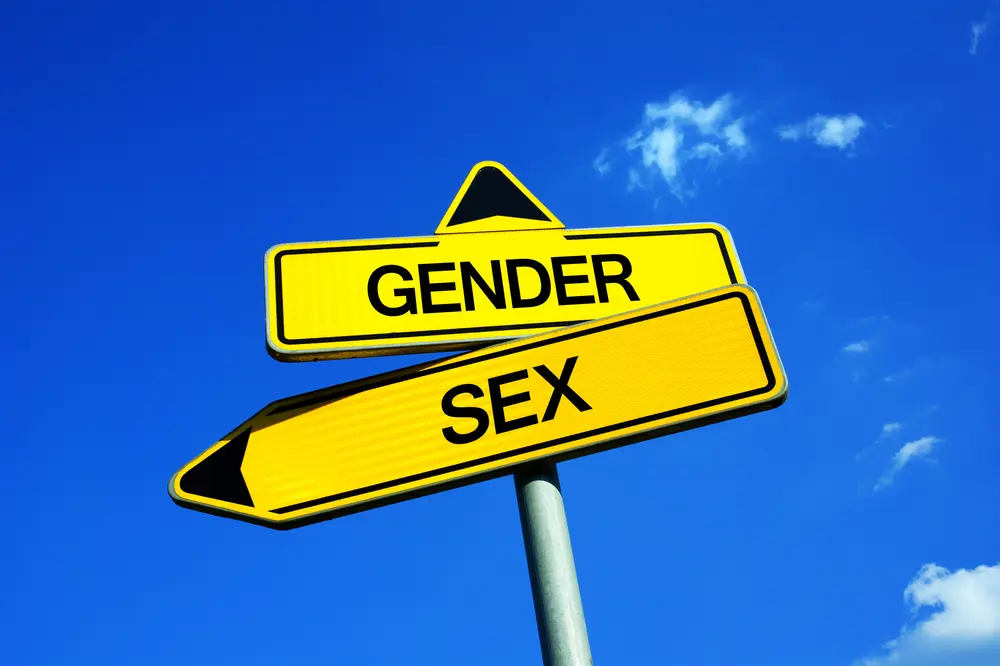
The two self-described feminists are accused of “public provocations to hatred or violence” for insisting that the biological differences between men and women be recognised.
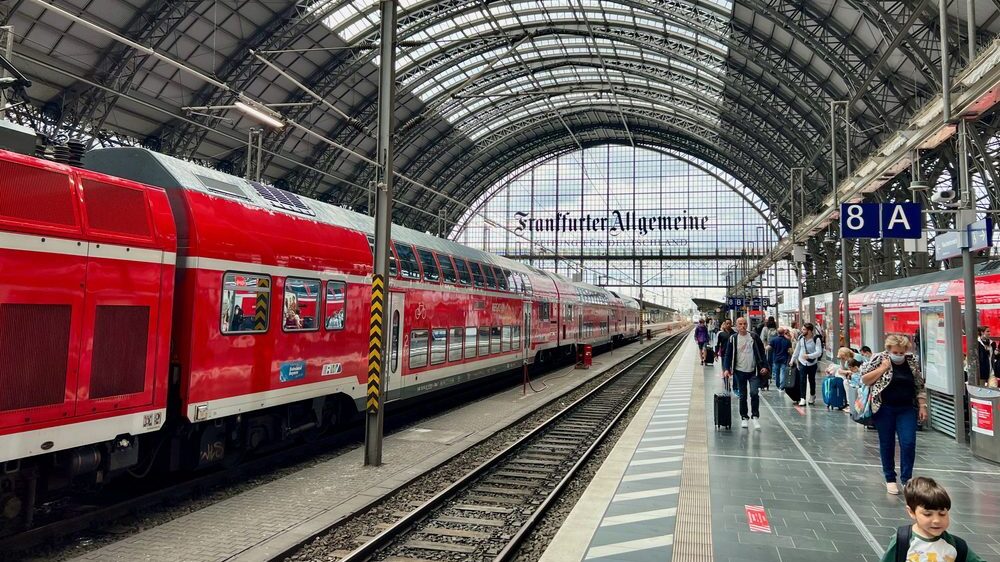
German’s national train operator has announced that all long-distance trains will be cancelled, and the Frankfurt airport has cancelled all regular flights.
Between easily damaged batteries that can’t be salvaged and a higher accident rate than petrol cars, electric vehicles may not be the boon to the Green Transition originally envisioned.
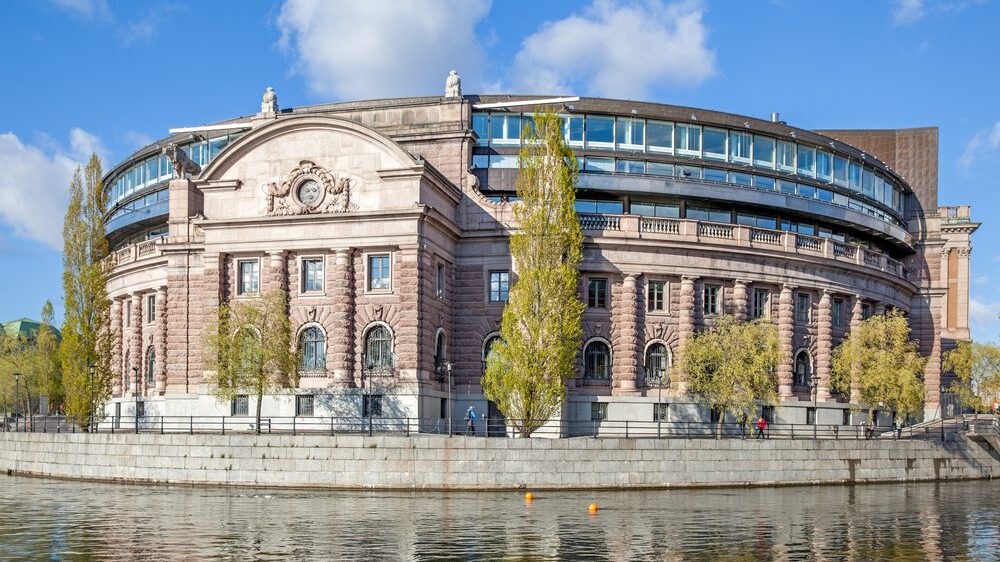
The Swedish Parliament voted to proceed with NATO membership—but Hungary has now revealed plans to, like Turkey, ratify Finland’s accession ahead of, and separate from, Sweden’s.

One of Europe’s most important corruption cases may be jeopardised by inter-European legal technicalities.
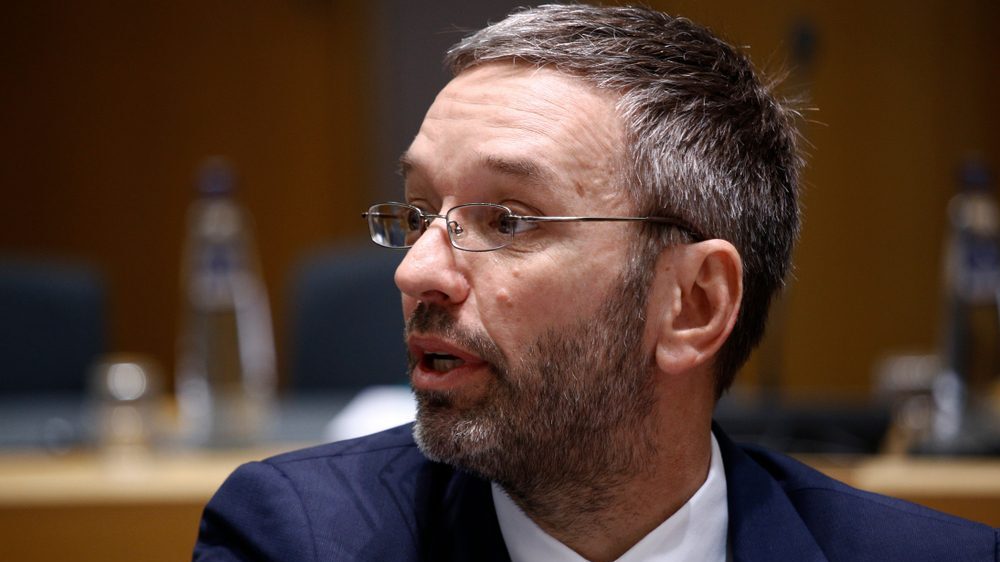
With the FPÖ topping national polls, the coalition’s terms—which include a compensation package for the COVID pandemic measures—show that the FPÖ may lead a future right wing collaboration.

Russian dissatisfaction with the deal—which allows Ukraine to ship grain through Russia’s blockade—casts a shadow over its future.
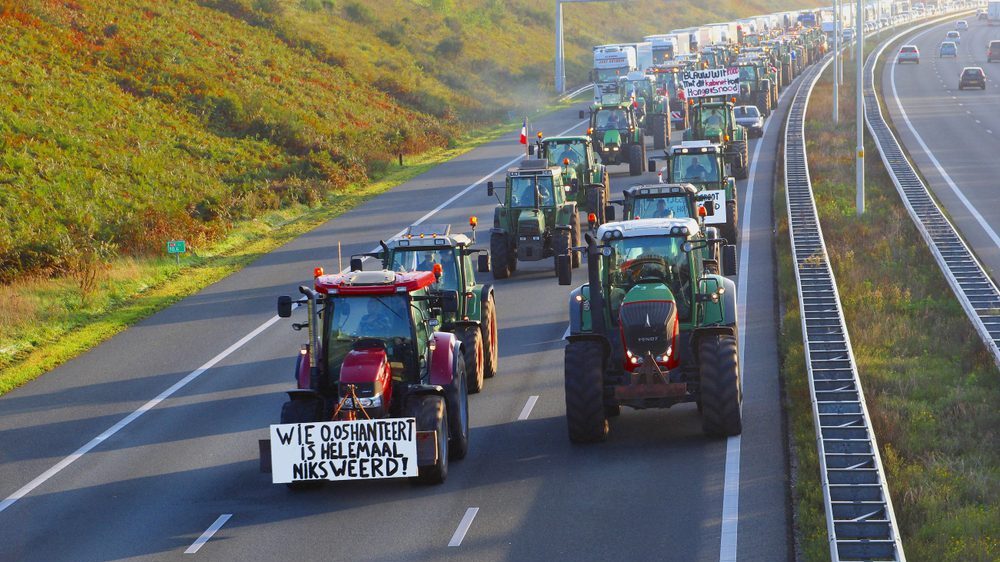
The Netherlands’ pro-EU governing coalition must now choose between revising its green policy, as called for by voters, and facing gridlock.
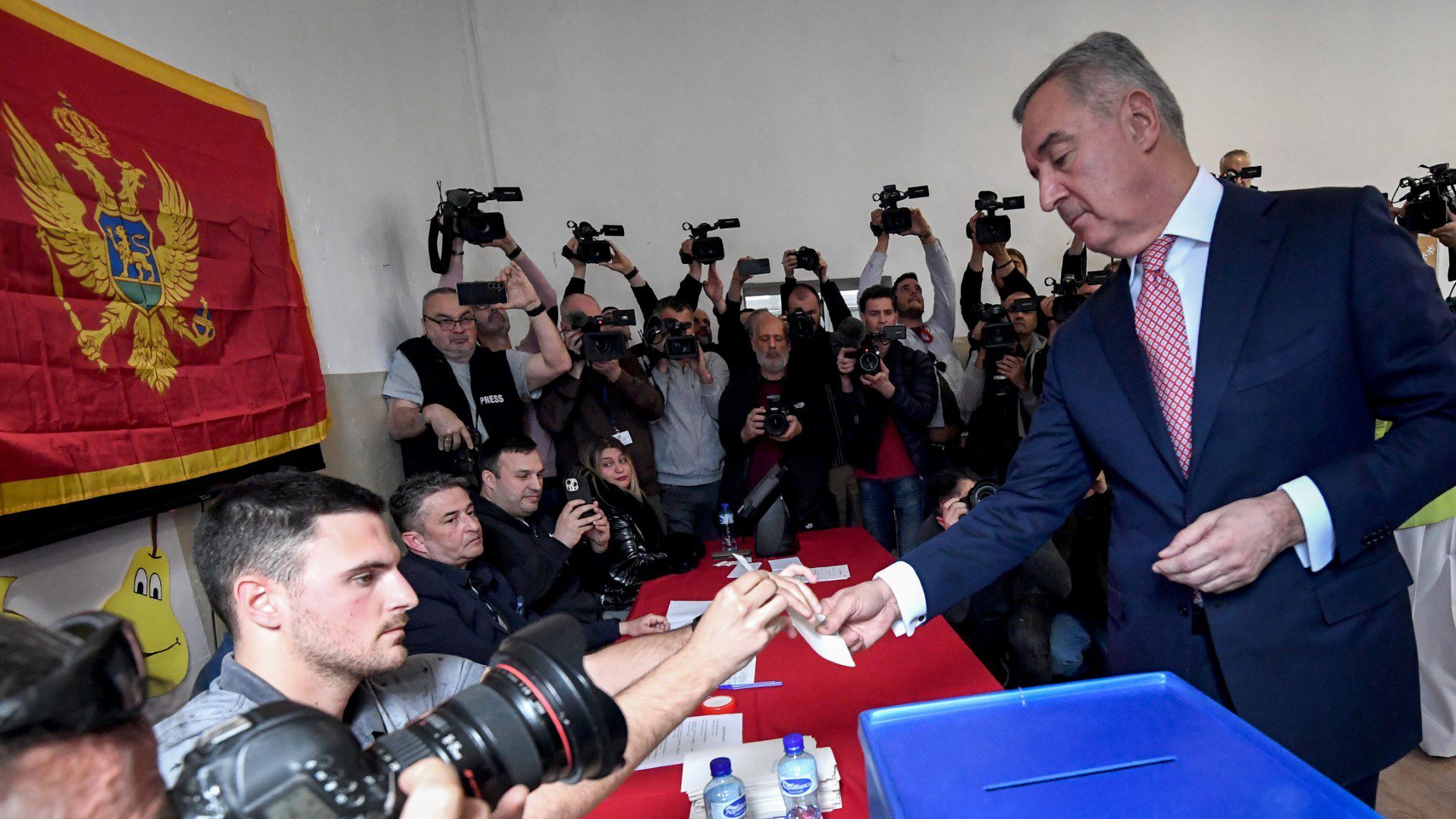
Incumbent President Đukanović received his lowest result to date, and in the face of a united opposition, Montenegro’s strongman leader could be on the ropes.